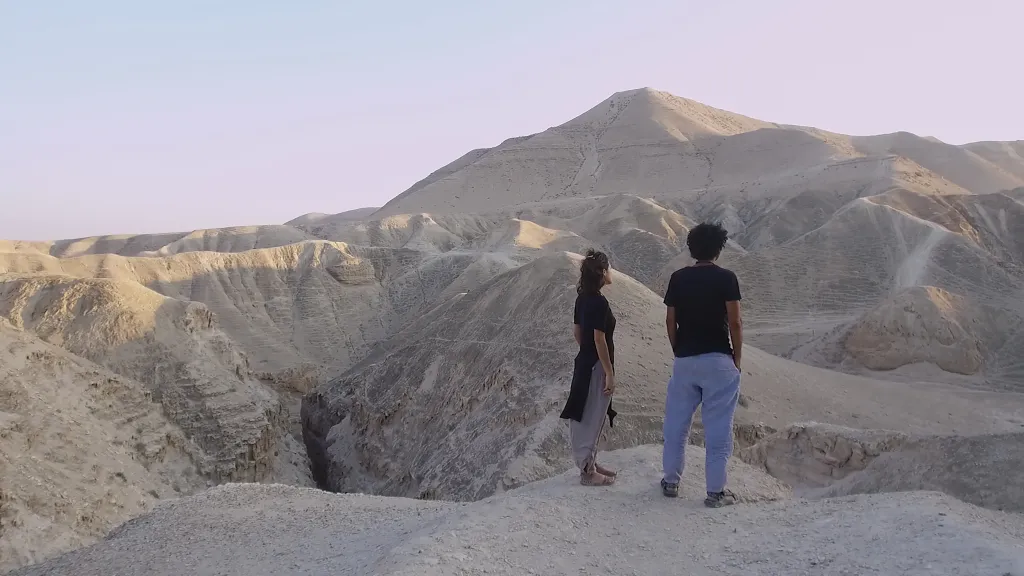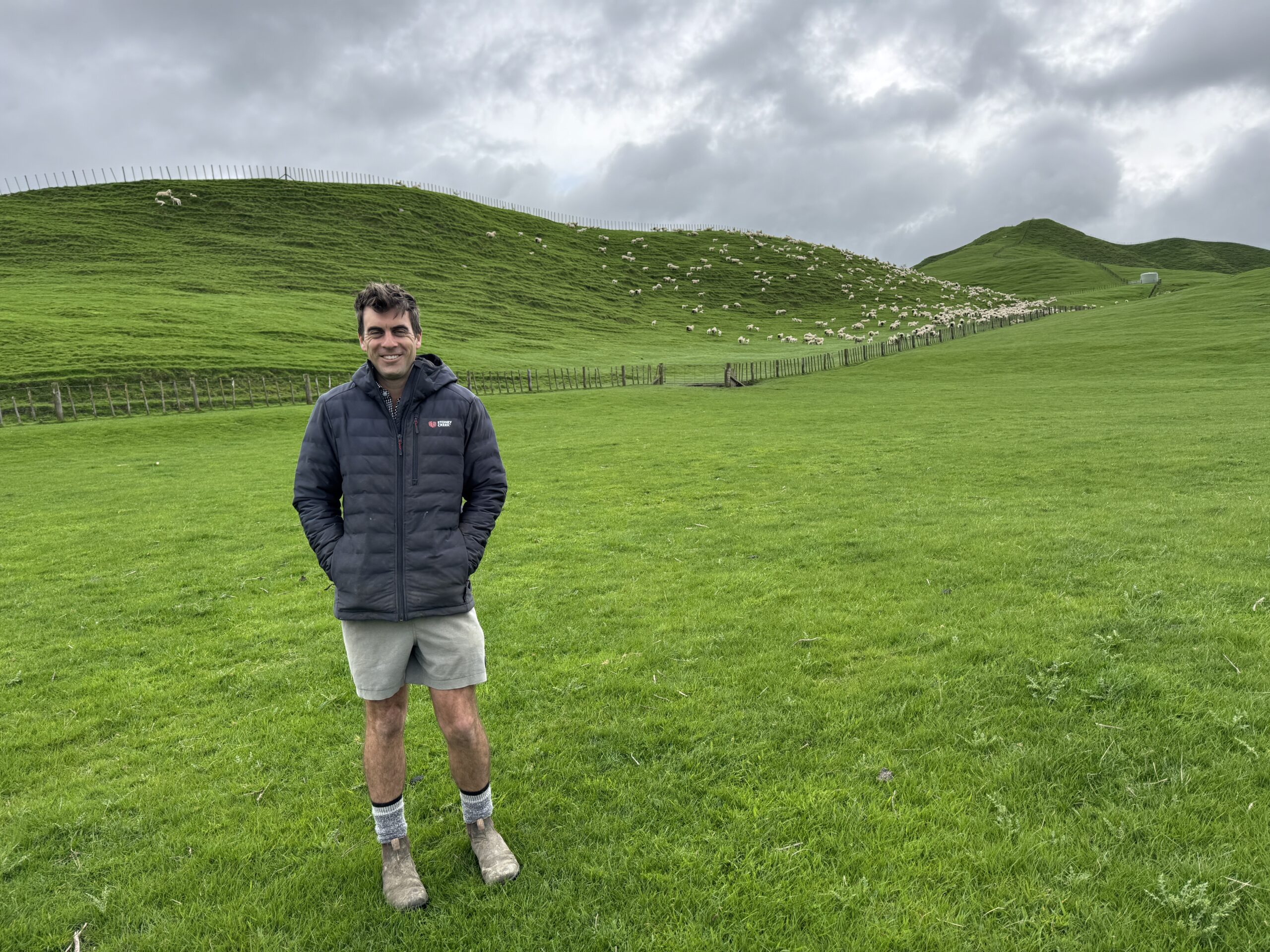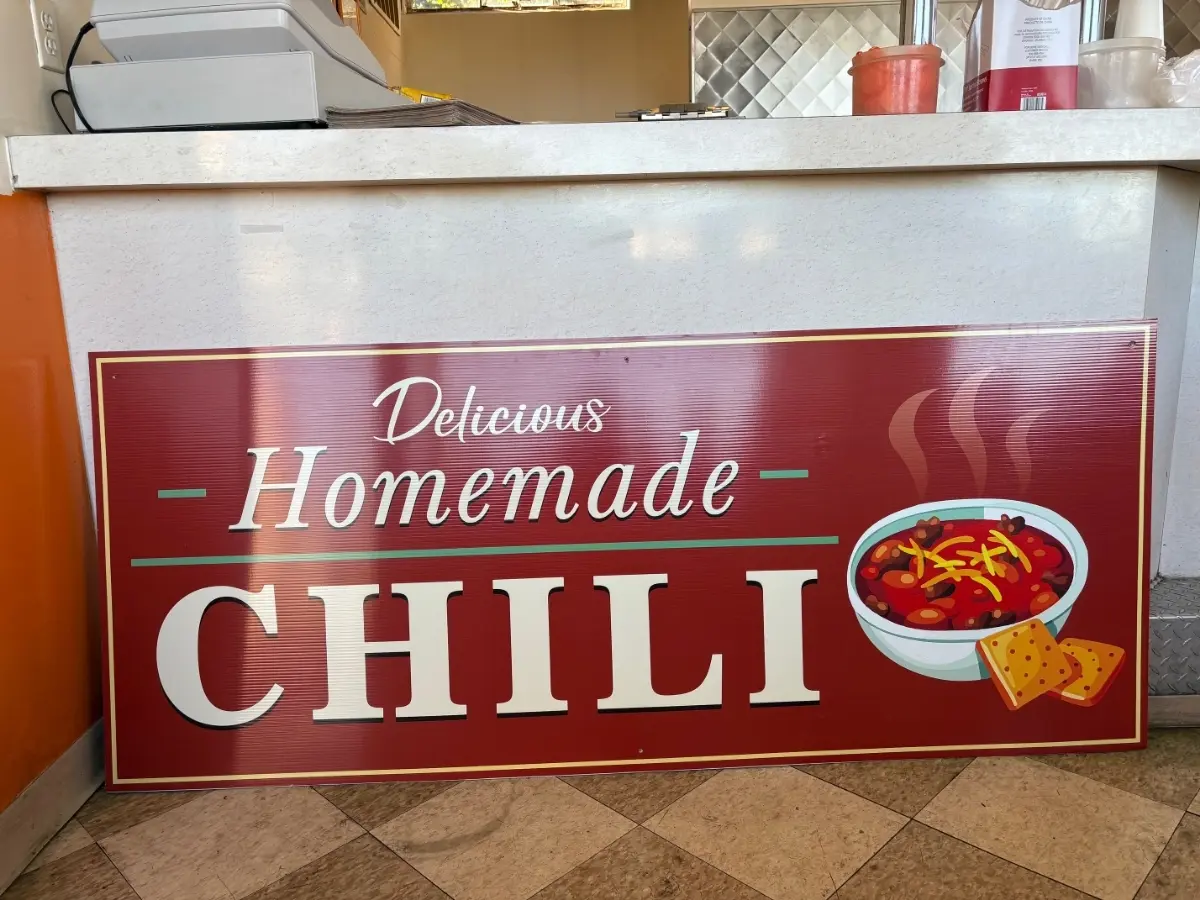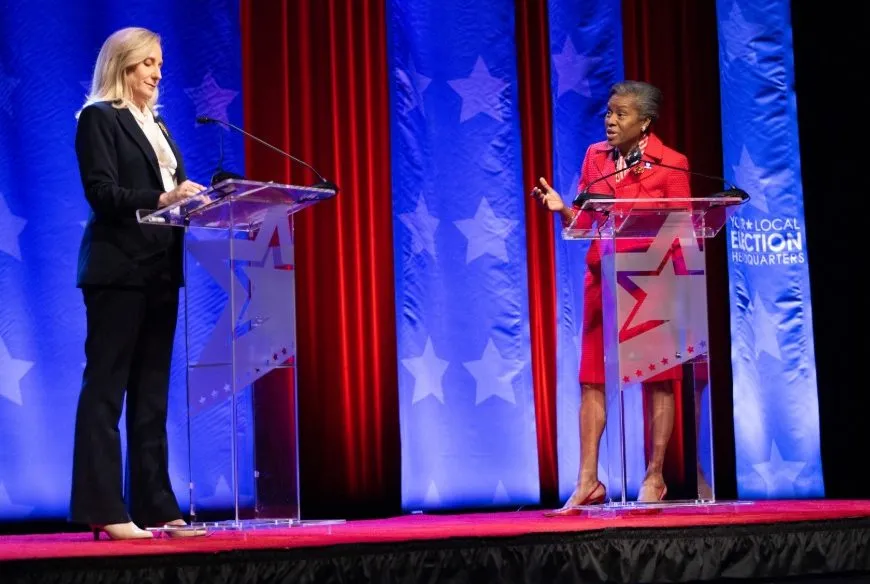Copyright St. Paul Pioneer Press

To place an obituary, please include the information from the obituary checklist below in an email to obits@pioneerpress.com. There is no option to place them through our website. Feel free to contact our obituary desk at 651-228-5263 with any questions. General Information: Your full name, Address (City, State, Zip Code), Phone number, And an alternate phone number (if any) Obituary Specification: Name of Deceased, Obituary Text, A photo in a JPEG or PDF file is preferable, TIF and other files are accepted, we will contact you if there are any issues with the photo. Ad Run dates There is a discount for running more than one day, but this must be scheduled on the first run date to apply. If a photo is used, it must be used for both days for the discount to apply, contact us for more information. Policies: Verification of Death: In order to publish obituaries a name and phone number of funeral home/cremation society is required. We must contact the funeral home/cremation society handling the arrangements during their business hours to verify the death. If the body of the deceased has been donated to the University of Minnesota Anatomy Bequest Program, or a similar program, their phone number is required for verification. Please allow enough time to contact them especially during their limited weekend hours. A death certificate is also acceptable for this purpose but only one of these two options are necessary. Guestbook and Outside Websites: We are not allowed to reference other media sources with a guestbook or an obituary placed elsewhere when placing an obituary in print and online. We may place a website for a funeral home or a family email for contact instead; contact us with any questions regarding this matter. Obituary Process: Once your submission is completed, we will fax or email a proof for review prior to publication in the newspaper. This proof includes price and days the notice is scheduled to appear. Please review the proof carefully. We must be notified of errors or changes before the notice appears in the Pioneer Press based on each day’s deadlines. After publication, we will not be responsible for errors that may occur after final proofing. Online: Changes to an online obituary can be handled through the obituary desk. Call us with further questions. Payment Procedure: Pre-payment is required for all obituary notices prior to publication by the deadline specified below in our deadline schedule. Please call 651-228-5263 with your payment information after you have received the proof and approved its contents. Credit Card: Payment accepted by phone only due to PCI (Payment Card Industry) regulations EFT: Check by phone. Please provide your routing number and account number. Cash: Accepted at our FRONT COUNTER Monday – Friday from 8:00AM – 3:30PM Rates: The minimum charge is $162 for the first 10 lines. Every line after the first 10 is $12.20. If the ad is under 10 lines it will be charged the minimum rate of $162. On a second run date, the lines are $8.20 per line, starting w/ the first line. For example: if first run date was 20 lines the cost would be $164. Each photo published is $125 per day. For example: 2 photos in the paper on 2 days would be 4 photo charges at $500. Deadlines: Please follow deadline times to ensure your obituary is published on the day requested. Hours Deadline (no exceptions) Ad Photos MEMORIAM (NON-OBITUARY) REQUEST Unlike an obituary, Memoriam submissions are remembrances of a loved one who has passed. The rates for a memoriam differ from obituaries. Please call or email us for more memoriam information Please call 651-228-5280 for more information. HOURS: Monday – Friday 8:00AM – 5:00PM (CLOSED WEEKENDS and HOLIDAYS) Please submit your memoriam ad to memoriams@pioneerpress.com or call 651-228-5280. The Twin Cities Jewish Film Festival, an annual event now in its 31st year, begins Oct. 23 and runs through Nov. 2. Most screenings take place at the Minnesota Jewish Community Center’s Sabes Center in St. Louis Park and the Capp Center in St. Paul, but screenings are also scheduled at other venues around Minneapolis including the Riverview Theater, the Main Cinema and the Minneapolis Institute of Art. Tickets and showtimes are available at tcjff.eventive.org. In total, the festival encompasses 47 films telling a range of fictional and true stories. A couple, like Minnesota-born Joy Sela’s debut documentary “The Other,” respond to ongoing conflicts in Israel and Palestinian territories. Many others focus on the wide range of the global Jewish experience, including a biopic on gay Jewish Beatles manager Brian Epstein; a modern Hungarian family drama called “All About the Levkoviches”; and “Days Between Rest,” a documentary short focusing on Grammy-nominated Ugandan Jewish singer Rachel Namadosi. On Halloween, there’s a block of horror shorts, including some in Yiddish. Alongside Sela, other Minnesota artists and projects are well represented, too. The festival’s lineup includes local filmmaker Michael Greenberg’s short film “The Combination”; “The True Story of Tamara de Lempicka & the Art of Survival,” a documentary inspired by a play written by Minnesota playwright Carson Kreitzer; and a brief preview of “Milkweed,” billed as the first feature-length animation created here that’s slated for completion in 2027. Sela, whose father is Israeli and mother is American, began filming “The Other” in 2017, not expecting that it would become a documentary. Originally, through a nonprofit she founded, she was doing performance art-style interventions aimed at bringing opposing viewpoints in conversation with one another, but when she brought the work to Israel, she quickly realized people were eager to tell stories that went beyond her initial project’s scope. So she began listening, and recording. Growing up, Sela said, she did not have much contact with Palestinian people or perspectives, but these initial recordings sparked a multiyear journey through Israel, the West Bank and her own sense of “the other.” The ultimate film focuses on personal stories of people like Ahmed Helou from the Gaza Strip and Maoz Inon from Israel who, despite trauma — more than 60 members of Helou’s family in Gaza have been killed; Inon’s parents were both killed during Hamas attacks in Israel on Oct. 7, 2023 — are building these bridges across communities. For Sela herself, “it took many years to confront the conditioning that comes from growing up on one of these sides and consider how that shaped my understanding,” she said. “The people (in the film) who are doing this courageous work coming into relationship with each other, they’re coming from living in occupation or unequal systems, or from having lost a child, or having experienced or enacted violence and chosen nonviolence now. These are very complicated and difficult, extreme things to go through, but sometimes they bring about the most powerful transformation.” Sela continued filming through 2024, including following up with all her interviewees amid the current Israel-Hamas war that began Oct. 7, 2023. Since that day, when Hamas also captured approximately 250 Israeli hostages, tens of thousands of Palestinians in Gaza have been killed or displaced, sparking worldwide protests. Approximately 67,000 Palestinians and approximately 1,200 Israelis have been killed since Oct. 7, according to United Nations figures. In such a tense environment, asking people — especially Palestinian women — to share vulnerable stories on camera is not easy, Sela said. She’s built up deep trust over more than half a decade and has worked with her interview subjects to ensure the documentary portrays them authentically without putting them in additional danger, she said. “We just hope it’s a way to start rehumanizing the conversation and hopefully engaging people in ways we can be constructive together,” she said.



